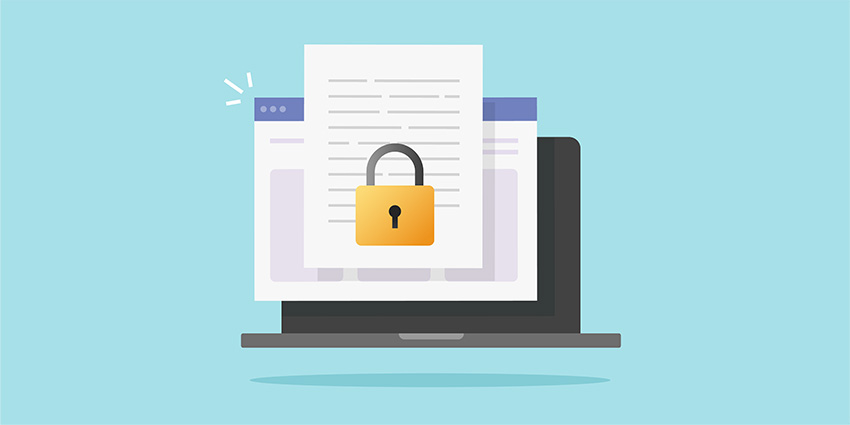A legal hold, also known as a litigation hold, is the process by which an organization advises personnel when information must be preserved for potential litigation matters or investigations. The legal hold process ensures that information that could be relevant to a dispute is protected until it can be collected for review or until the matter is resolved.
A legal hold is initiated typically by a written notification sent from the legal department to custodians and data stewards who might have relevant information about the dispute. The notice instructs those custodians to preserve — not destroy or modify — any information that might be needed for discovery, which may include electronically stored information (ESI), such as emails and spreadsheets, as well as paper files, notes, log books, and other tangible objects. Preservation also requires that custodians suspend routine record-destruction practices, such as automatic email deletion or records management purge schedules.
A legal hold should be initiated as soon as a trigger event occurs, which activates the duty to preserve. A trigger event could be when:
- Someone sustains an injury on company property
- A party breaches a contract
- The organization receives a letter threatening litigation
- The organization receives a complaint initiating a lawsuit
- The organization contemplates a legal action against another party
The legal hold process must begin at the earliest possible stage, or when the organization first reasonably anticipates litigation. Otherwise, crucial information could be lost, which could result in more costly discovery or sanctions for spoliation, like destruction of relevant evidence.
The custodians who receive and act on legal hold notices can be personnel in a variety of roles and departments. Therefore, hold notices should be readable, straightforward, and easy to understand and act upon by the recipients. Using standard templates for legal hold notices can foster greater understanding and consistency and ensure that the notice includes all of the necessary information in a digestible format.
Just sending a legal hold notice isn’t enough to satisfy discovery requirements. The legal department must know that each custodian has received, read, understood, and agreed to comply with the hold instructions. Such validation is typically done by requiring recipients to acknowledge that they received, and have complied with, the legal hold. If a custodian doesn’t respond to the hold notification, the legal department should have a method for following up and escalating communications until the custodian does respond affirmatively.
Legal holds may last weeks, months, or even years. Generally, the legal department will also send periodic reminders about each legal hold to the affected custodians. The scope of the legal hold may also change over time; updated notices should describe that revised scope so that custodians know what information must be kept. As the organization resolves each matter and is no longer subject to a preservation duty, the hold should be lifted (released) so that information that is no longer needed isn’t retained.
While managing one legal hold can be simple, many organizations juggle hundreds of legal holds simultaneously, which can be far more challenging. It’s even more complex when those custodians switch teams or depart the organization. Legal departments can work with human resources to track holds on migrating custodians, and also partner with IT to account for new or decommissioned systems or applications that may affect hold logistics.
Every action taken in response to a legal hold obligation should be carefully documented so that the organization can describe its actions to a court later, if necessary. The legal department should know who issued a hold notification, when it was initially issued, what it said, who received it, and whether those custodians acknowledge its receipt. The team also needs to track any changes to the hold, like new custodians or revised hold instructions.
With careful monitoring and company-wide compliance, legal holds help ensure that all relevant information is retained so it is available to resolve legal disputes.
Glossary definition
A legal hold or litigation hold is the process by which a legal department advises custodians when information must be preserved for potential litigation.




